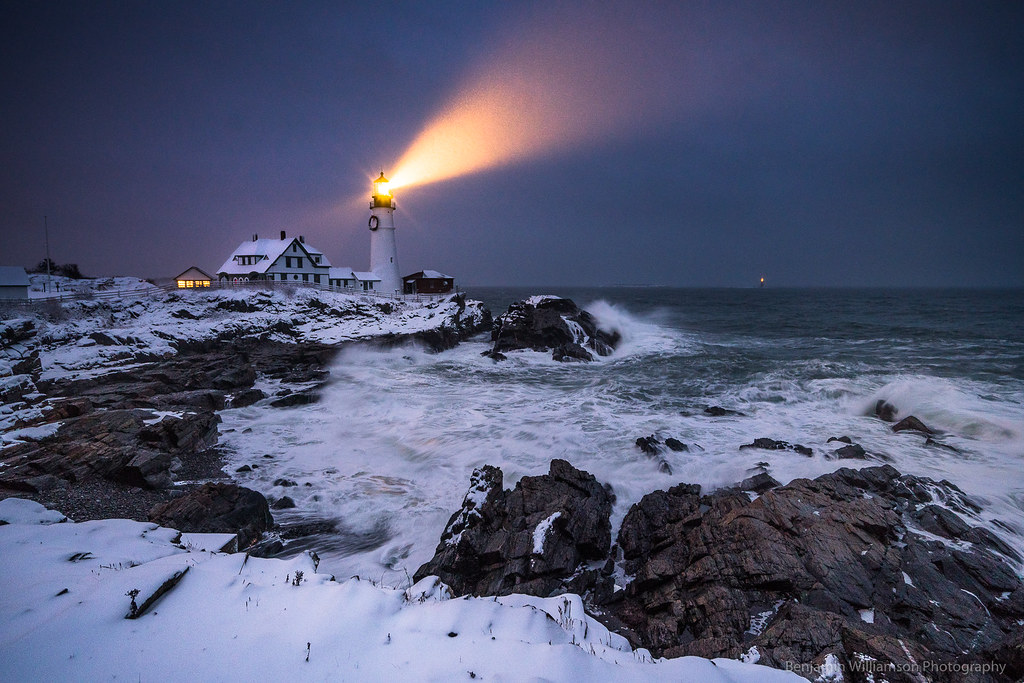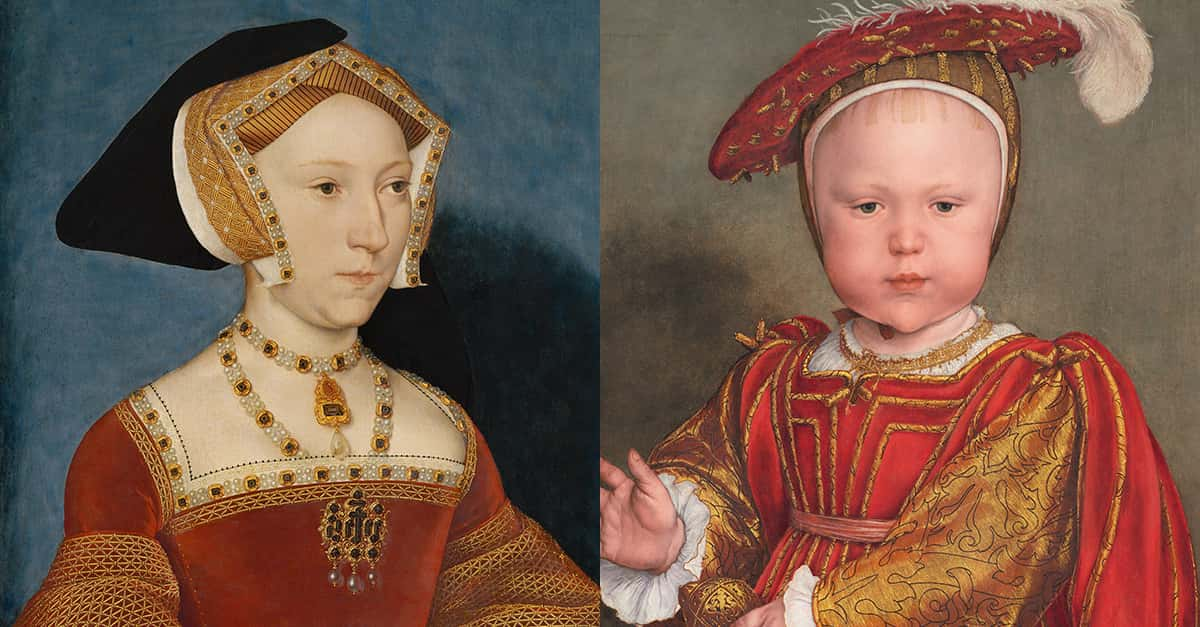By 1927, Captain Bill Winkepauw was already an experienced pilot.[i] Though mechanized flight itself was still a relatively new phenomenon, Captain Winkepauw was as adept and accomplished as any man one might see careening through the open sky. He was learned; he had raw talent; and he was meticulously careful when in the air. Captain Winkepauw was born and raised in New England, and he also knew the unpredictability and the potential fury of New England coastal weather. He had a healthy respect for the elements. Flying with Captain Winkepauw gave others a sense of security, because they had confidence in his command of any situation.
That December morning in 1927 was a frigidly cold one, but the sky was clear and the forecast unforeboding. Bill Winkepauw had an assignment that would take most of the day. He had to fly up to Maine and make a delivery. Though Captain Winkepauw knew it would add hours to his trip, this was an important delivery, and he wanted to take it from the plane to its destination personally.

In good time, Captain Winkepauw made it to Maine, delivered the package, and made it back to the airport to ready his plane for the teturn fight home. He ignored the snowflakes that had begun to flurry around him as he walked around the airplane. He pretended not to hear the old man at the tower door yelling to him that something unexpected and ominous was whipping in from the East. Captain Winkepauw wanted—needed—to make it home that evening, and in his humanness he set aside everything he knew about flying and the weather and took off into the darkening, late afternoon sky.
Captain Winkepauw had not been in the air more than a few minutes when he realized his mistake. It seemed as if he had hit the air from one direction and hell’s full fury had slammed him plane from the other. The gray sky turned to black in a heartbeat, and the churning weather outside his windshield confused his bearings and, in his confusion, made him question his instrument panel. He was no longer even sure if he was over land or sea, and fear welled up in this capable, confident pilot so much so that he was practically paralyzed.

Mary knew fear. She lay on a makeshift straw bed, surrounded by curious and perhaps agitated animals. She was in the throes of her first labor and about to give birth to her child in a barn. The only one there to attend her was her nervous, rough-handed fiancé Joseph. (I can tell you, if I’d been the only one present to attend to Jill at Griffin’s birth, she’d have suffered abject terror, and rightly so!)
The shepherds knew fear. They lived without cover in the fields. (They’d have been envious of Mary’s barn.) The slept fitfully if at all, always nervous about the wolves who might slink through the darkness and attack their sheep.
Yet, something happened that night that cause the fear in Bethlehem to melt away. The baby was born, and even the animals perceived that this was no ordinary child. As Mary cradled the baby, the animals calmed, and a hush fell over the stable. Joseph’s knees must have trembled unto kneeling, and who knows whether he knelt out of exhaustion or out of wonder that this tiny baby was also the very Son of God.
As Jesus emerged into the world, the shepherds, too, lost their fear. In contrast to the quiet and reverent scene in Mary’s barn, in the fields the night’s darkness gave way, pierced by a light surrounding an angel of the Lord. “Do not be afraid,” the angel said, “for I bring you good tidings of great joy for all people: for unto you this day is born in the City of David the Savior, who is Christ the Lord.”
As if coming up out of drowning water and taking a first blessed breath, the shepherds realized in the angel’s words that they had been given life anew. Their prior fears vanished; they rushed to the place about which the angel spoke; and they found there the Incarnate God, come to live among humanity to show them that he loves them, lying in the arms of his mother. They shared the angel’s words with Mary, who we are told “treasured them and pondered them in her heart.” Mary was speechless and the shepherds could not stop speaking. They left the Lord to proclaim his birth, glorifying God in the highest.

For Captain Bill Winkepauw, the fear that enveloped his plane that night melted away when in the corner of his eye he saw a flicker of hope emerging in the cold and the dark. He turned his head to see, and he realized that the solitary beam from a coastal Maine lighthouse pierced the darkness. That light enabled Captain Winkepauw to get his bearings, and he followed it, and then its subsequent lighthouse brothers, all along the coastline until he made his way safely home. Captain Winkepauw landed his plane without incident, and he returned to his dwelling that Christmas Eve, only a little late and worse for wear in time to share the holiday with his wife and children. Never before had he understood the joy that was born when God’s light entered into the world’s darkness. Never again would he forget it.
In the following years, Captain Winkepauw shared this joy by making annual Christmas Eve runs over all the lighthouses along the coast. He dropped Christmas packages from his plane for all the kids whose families lived isolated in the lighthouses. When Captain Winkepauw became too old to continue the tradition, others picked it up, and Christmas joy is still shared along the coastal lighthouses to this day.
In our world, in these days, the churning existential blizzard is so relentless that it confuses and disorients. We begin to distrust our bearings, and our anxiety threatens to overwhelm us. But the light born this night in Bethlehem still shines! It pierces as pinpricks in the darkness and shows us the way. Indeed, it shines because it is also born within each of us. Like the lighthouse keepers dotting the coastline who guided Bill Winkepauw home, the Christ light within us shows one another the way. And like the good Captain back to those lighthouses, through our gestures of grace and care for one another, we incarnate God’s gift of grace. The light still pierces the darkness, even ours, even in these days. The light shows us the way through the storm. It melts fear and gives great joy. Like Mary, let us ponder these things and treasure them in our hearts. And then like the shepherds—and like Captain Bill Winkepauw—let us go from this place to spread our joy, glorifying and praising the tiny child who is God, who is born this day.
[i] This story is told by Charles Kuralt in the audio book, Charles Kuralt’s Christmas.


